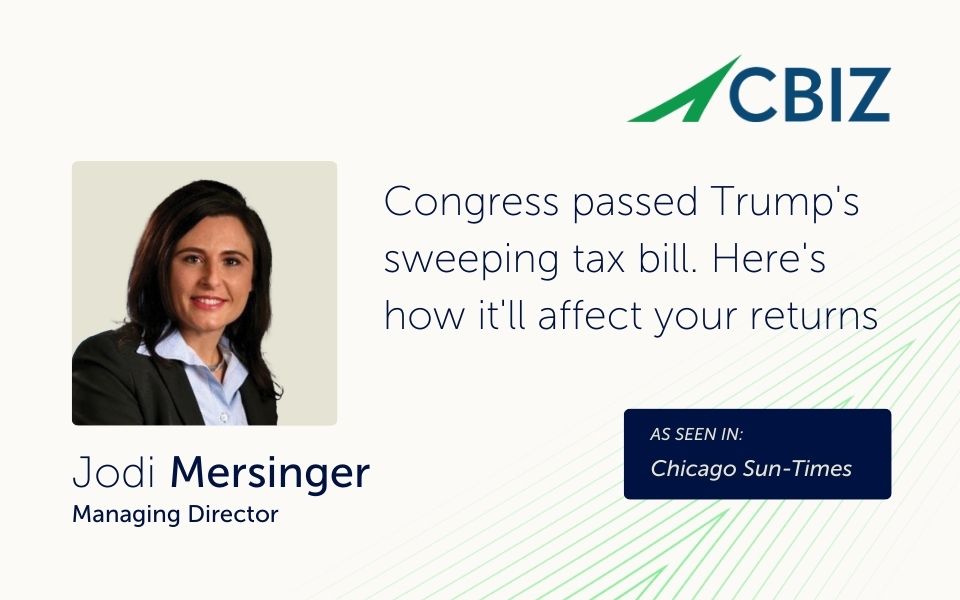The Great Resignation has led to a labor shortage for companies across the country. In January of 2022 alone, more than 4.3 million employees quit their jobs, and that number has continued to rise.
Three ways organizations are restructuring benefits to increase employee retention
1. Taking On Increased Costs
Health care costs continue to rise. Historically, either these price increases would ultimately trickle down to employees, leading to higher deductibles and out-of-pocket costs, or employers would reduce benefits to avoid increased costs.
Companies across the country are changing this narrative, instead choosing to shoulder increased costs themselves without reducing benefits. In fact, many employers are starting to cover dental and vision coverages — benefits that were previously employee-paid.
Not only are companies focused on helping their employees avoid cost increases, they’re also actively looking for ways to offer lower deductibles and out-of-pocket costs.
2. Offering Optional Benefits
Employers recognize that in today’s fiercely competitive job market, they must go above and beyond in their benefits offerings to hold on to top employees. Because of this, many companies have decided to offer additional optional benefits, such as pet insurance and identity theft coverage.
These unique offerings are intended not only to increase retention of current employees but also entice prospective employees. Organizations that choose to differentiate their benefits plans are likely to have an edge over those that stick with the status quo.
3. Enhancing Employee Assistance Programs
The pandemic has had a serious impact on employee mental health and wellbeing. What makes matters even more complex is the stigma that surrounds mental health. Many employees don’t feel comfortable openly discussing mental health, much less asking for help should they need it.
Employers are trying to solve this problem by greatly enhancing their Employee Assistance Programs (EAPs). Through an EAP, employees can access confidential assessments, free counseling and follow-up services. Organizations that take the time to improve their EAP and truly ensure that their offerings are meeting workers’ needs are likely to see increased retention in the coming year.
Overall, there has been a nationwide shift in how employers approach their benefits offerings amid the Great Resignation. Organizations are focused on making it easy and cost effective for employees to get the services and coverage they need without regard to increased company expenses.
Organizations that choose to embrace this change are likely to see a significant return on their investment in the form of increased retention of their most valuable asset — their people.
© Copyright CBIZ, Inc. All rights reserved. Use of the material contained herein without the express written consent of the firms is prohibited by law. This publication is distributed with the understanding that CBIZ is not rendering legal, accounting or other professional advice. The reader is advised to contact a tax professional prior to taking any action based upon this information. CBIZ assumes no liability whatsoever in connection with the use of this information and assumes no obligation to inform the reader of any changes in tax laws or other factors that could affect the information contained herein. Material contained in this publication is informational and promotional in nature and not intended to be specific financial, tax or consulting advice. Readers are advised to seek professional consultation regarding circumstances affecting their organization.
“CBIZ” is the brand name under which CBIZ CPAs P.C. and CBIZ, Inc. and its subsidiaries, including CBIZ Advisors, LLC, provide professional services. CBIZ CPAs P.C. and CBIZ, Inc. (and its subsidiaries) practice as an alternative practice structure in accordance with the AICPA Code of Professional Conduct and applicable law, regulations, and professional standards. CBIZ CPAs P.C. is a licensed independent CPA firm that provides attest services to its clients. CBIZ, Inc. and its subsidiary entities provide tax, advisory, and consulting services to their clients. CBIZ, Inc. and its subsidiary entities are not licensed CPA firms and, therefore, cannot provide attest services.















